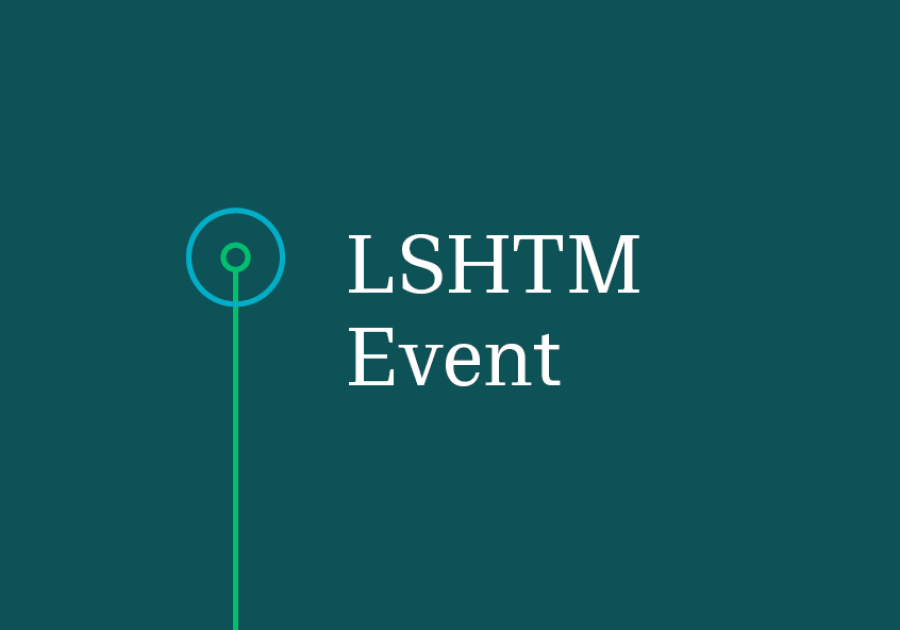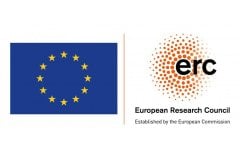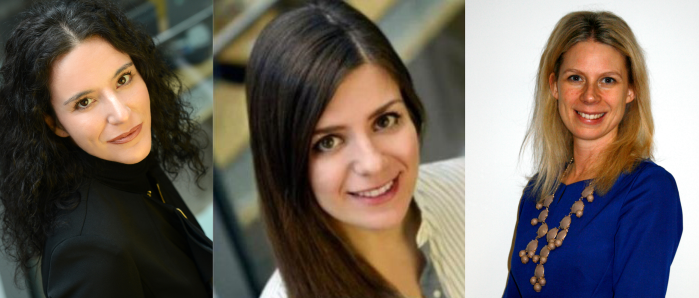World-wide trends in patterns of care for breast, cervical and ovarian cancers – The VENUSCANCER project

This event is hosted by the LSHTM Cancer Survival Group and is part of the London Global Cancer Week 2023.
The CONCORD programme documented wide global differences in survival trends, still persistent in 2010-2014, for women diagnosed with breast cancer (66% in India; over 90% in the US and Australia), cervical (52% in Ecuador; 77% in Korea) or ovarian (16% in India; 57% in Costa Rica) cancers.
The VENUSCANCER project, embedded in the CONCORD programme, examines whether global differences in survival are attributable to differences in disease biology between populations, or patterns of care, or socio-economic status.
Cancer registries were invited to submit data for a single year of complete incidence during 2015-2018, for which availability and completeness of high-resolution variables (e.g., stage, staging procedures, biomarkers, treatment) were highest. VENUSCANCER offered financial support to 10 registries in low- and middle-income countries to enable collection of these data.
During this webinar, the speakers will discuss the world-wide availability of high-resolution data for breast, cervical and ovarian cancers, and we will present distribution of the main prognostic factors, as well as of some key indicators of adherence to international clinical guidelines.
Speakers
Claudia Allemani, Professor in Global Public Health, LSHTM
Veronica Di Carlo. Research Fellow in Epidemiology, LSHTM
Susannah Stainway, Consultant in Medical Oncology MBChB MSc FRCP MD
VENUSCANCER
VENUSCANCER is a world-wide project designed to explain the global inequalities in patterns of care, short-term survival and trends in avoidable premature deaths from breast, cervical and ovarian cancers, the three most common cancers in women. The goal of this project, funded by the European Research Council, is to provide levers for health policy to reduce or eliminate avoidable differences in survival from these cancers. Results from this large study will be presented during this seminar.
Event notices
- Please note that the recording link will be listed on this page when available.
Admission
Contact

